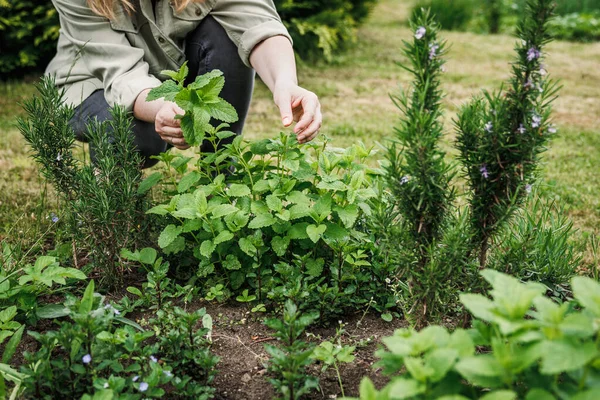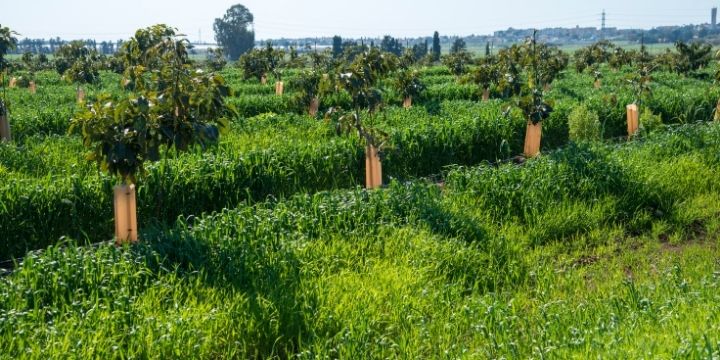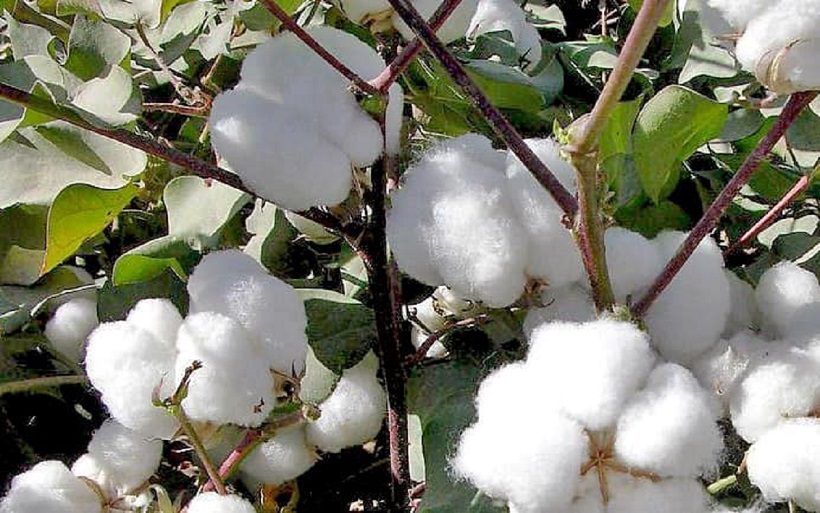Do you know Mint farming can make you more healthier and richer?
Are you looking for the key benefits of venturing into mint farming or use in Kenya? In this post, we will give you 7 top benefits of growing and using the mint herb. You can enjoy its culinary versatility, health benefits, ease of growth, natural pest-repellent properties, and the option to cultivate it indoors or outdoors for a variety of purposes.
Mint has many benefits for farmers and users. If you consistently use it in your food and drinks it can improve your health incredibly.
Summary of Mint Benefits and uses
- Culinary: Used in cooking, baking, and beverages to add flavor.
- Tea: Infused in hot water to make mint tea, known for its refreshing taste.
- Medicine: Utilized for its medicinal properties in herbal remedies.
- Aromatherapy: Essential oils extracted for use in aromatherapy and fragrance products.
- Ground Cover: Planted to cover the ground and prevent weed growth.
- Insect Repellent: Acts as a natural insect repellent in gardens and homes.
- Culinary and cooking uses
- Health benefits
- Cosmetic benefits
- Industrial uses
- Agricultural uses
- Ease of Growth
- Indoor and Outdoor Growth
Culinary and cooking uses
Mint is mostly used as a flavoring agent in cooking and baking since it adds a refreshing and aromatic touch to dishes that is hard to miss. Its Woman picking lemon balm leaves from organic herb garden. Green herbal mint varieties can be used to make fresh juice or smoothies giving the drinks a cool taste and green color. From distillation to of mint essential oils to production of mint infused products such as teas, syrups and confectioneriers.it is used in garnishing, Salads, desserts, flavoring and balking.
Health benefits
During ancient times mint was used as a traditional medicine to aid digestion, alleviate symptoms of indigestion and nausea, relieve headaches and sooth sore throat.
Today, it is widely used in herbal medicine. The main reasons are due to its antioxidant and anti-inflammatory medicinal properties.In the contemporary society there are numerous health benefits associated with mint consumption such as its fresh breath due to its strong aroma, digestive aid, to alleviate symptoms like gas and bloating. Mint has therapeutic wonders_ a cooling sensation which can be refreshing during hot weather. Some people find that the scent from mint can help improve focus and mental clarity. It is believed to alleviate anxiety and depression.
Finally, the strong and pleasant mint aroma and its antibacterial properties may help fight bacterial in the mouth and throat thus reducing infections. No wonder, Mint is used in toothpaste and mouthwash products.
Cosmetic benefits
Mint has versatile uses in the personal care and beauty products which includes Synthetic hairs, perfumes and conditioners. Mint extracts and oil are in high demand as driving a lucrative market which shows no signs of slowing down. This is attributed to the growing consumer awareness of natural health and wellness benefits.
Industrial uses

Do you know you can cultivate mint as a cash crop?
There are many mint uses beyond is traditional cultivation and sale of mint leaves. There has been value added opportunities to maximize profits and diversify revenue streams. There is a high demand for it in local and international markets in hospitality and tourism industries, pharmaceuticals. Food industry, nonfood industries such as agrochemicals for production of pesticides and repellants.
Due to its cooling sensation, there has been insatiable demand for mint in aroma therapy sectors it has become an alternative to synthetic ingredients.
Agricultural uses
Mint is often utilized in agriculture as a companion plant due to its ability to repel pests such as ants, aphids and cabbage moths. It also helps in natural weed control and in soil structure and soil fertility improvement. It’s a great pollinator attractor used as livestock feed in ruminant animals as a supplement feed to aid in digestion. Additionally, mint is used for its medicinal properties in natural pest control as component of organic fertilizers.
Ease of Growth
Another reason to invest in Mint is because it is easy to grow and flourishes in containers, making it a convenient herb to cultivate even for beginners. It can be harvested constantly and thrives in both partial shade and full sun conditions with minimal maintenance required. It thrives in containers and requires minimal maintenance, such as regular watering and occasional pruning. Its continuous harvest capability ensures a steady supply of fresh leaves with little effort.
Indoor and Outdoor Growth
Mint can be grown both indoors and outdoors, offering flexibility for gardeners with limited space or those looking to have fresh mint readily available indoors. Indoor mint plants require good drainage and sunlight to thrive. This adaptability allows for convenient access to fresh mint, whether you have a garden or only indoor space available.




What are the value addition methods of mint for small-scale farmers in subsistence farming?